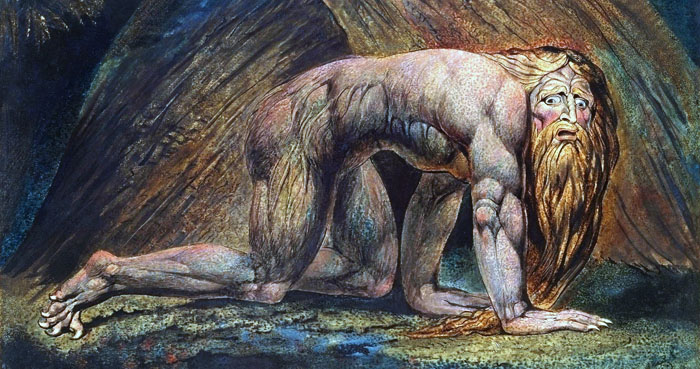The Human, the Nonhuman and the Inhuman

Summary
From the 18th to 20th centuries, challenges to social and political injustice were often carried out in the name of Enlightenment humanism and human rights. However, in the late 20th century, amplifying a critique already evident in key strands of Romantic thought, the category of the human itself became subject to critique from feminism, postcolonialism, queer theory, disability studies, and ecology and animal studies. More recently, notions of the human are being reframed by developments in virtual reality, artificial intelligence, genetic engineering, neuro-technologies, robotics, cloning, neuro-marketing, and so on. What then is the Human or even the human? And what can we now make of the modern subject, drawn from Enlightenment-Romanticism, centred on the ‘faculties’ of critique, creativity, and comparison. These are questions that run through all of our themes, and draw our diverse projects together.
Projects
Our exploration of the human will proceed through the consideration (in Public Lectures, Symposia, and Conferences) of a set of problems/rubrics such as:
The Invention of the Human: meaning the invention, in the long 18th-century, of modern notions of what it is to be human.
Human Nature: as a term to explore the human and the natural world the Anthropocene, and as a category of ethical analysis.
Human / Inhuman: focussing on the intersection between the human and systems, networks, environments, media, and technology.
Only Human: engaging the category of the human as a site of weakness, vulnerability, limitation.
Humanism / Posthumanism: where the second term encompasses developments such as the reassessment of the human, which has been prompted by biopolitics and by technological developments such as AI, cybernetics, cloning, GM, robotics, prosthetics; the movement away from the privileging of the human in the natural worlds; and an emphasis on animal rights and the relations between humans and non-humans).